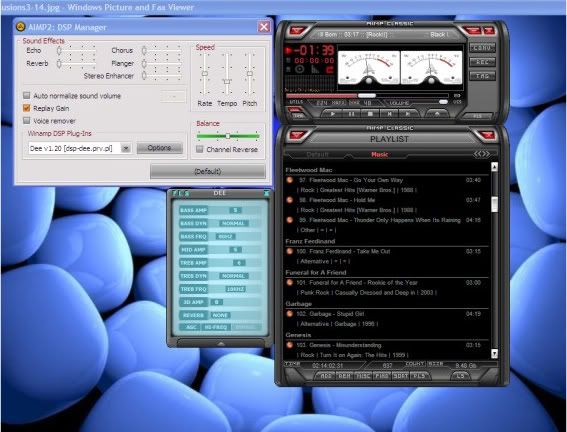Operandi
100+ Head-Fier
- Joined
- Dec 8, 2007
- Posts
- 354
- Likes
- 12
Quote:
Amen.
| Originally Posted by FallenAngel /img/forum/go_quote.gif While some applications choose to buffer a song in ram before playback, this really has no effect in terms of jitter (timing irregularities between data sent/received and/or clocking irregularities). Data is read quickly enough from hard disks and sent across enough interfaces that it realistically doesn't matter how much you buffer. Remember, there's still the southbridge, audio interface (sound card or USB controller) and digital receiver that all do a small amount of buffering (usually just enough that bits aren't lost). |
Amen.



